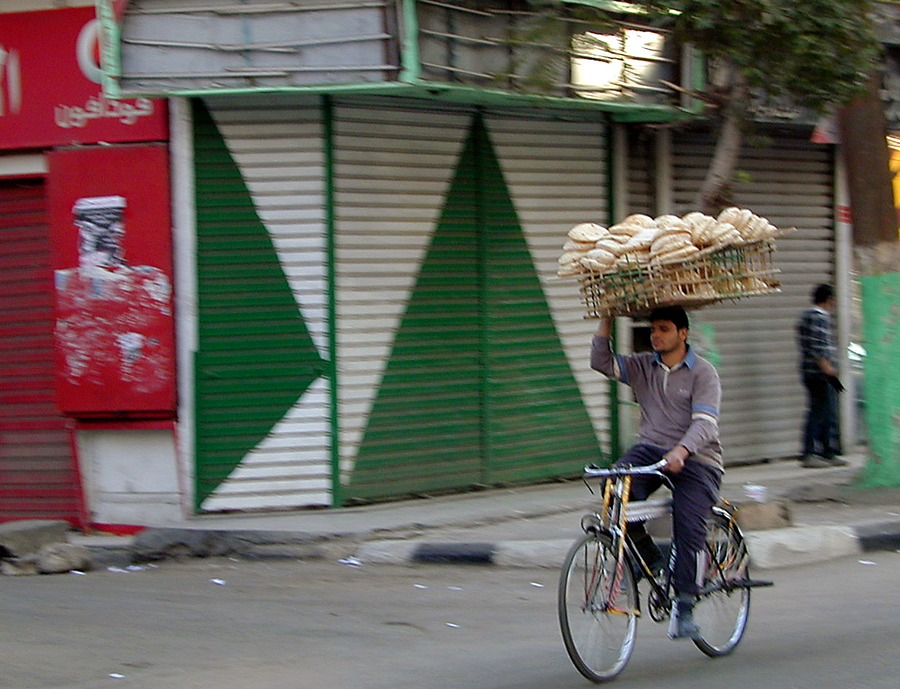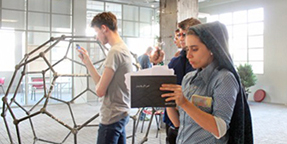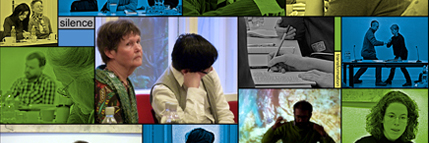
For the first time during my travels abroad, I decided to keep a journal, expecting that I would want to record and process the extraordinary experiences I knew I was going to have. Since I am a careful observer of foreign cultures and always try to get to know local artists, this journal, quite unintentionally, became schizophrenic: half a Western tourist’s Orientalist musings and half the attempts of a student of culture to understand Egypt’s political and cultural economies. Reading it again in light of the uprising in Tahrir Square, I realized that my schizophrenic prose had unwittingly captured a “state of emergency,” a moment of coming-into-being, which, Walter Benjamin notes, “is not the exception but the rule,” and of which we become sensible only by hearkening to the “tradition of the oppressed.” These entries thus document a state of emergency which, like all such states, becomes recognizable only in retrospect. To my own journal, I append the first two emails I received from Egyptian friends after the revolution began.

 It’s so easy to get it wrong. Soon after arriving in Beirut, I end up at a kefta stand; a small, garage-like shack that no tourist would voluntarily set foot in. Yet the kefta and the chicken skewers taste fantastic. While eating, I look around. Straight across, there is a bus terminal. Especially in the darkness, it is at first difficult …
It’s so easy to get it wrong. Soon after arriving in Beirut, I end up at a kefta stand; a small, garage-like shack that no tourist would voluntarily set foot in. Yet the kefta and the chicken skewers taste fantastic. While eating, I look around. Straight across, there is a bus terminal. Especially in the darkness, it is at first difficult … 













